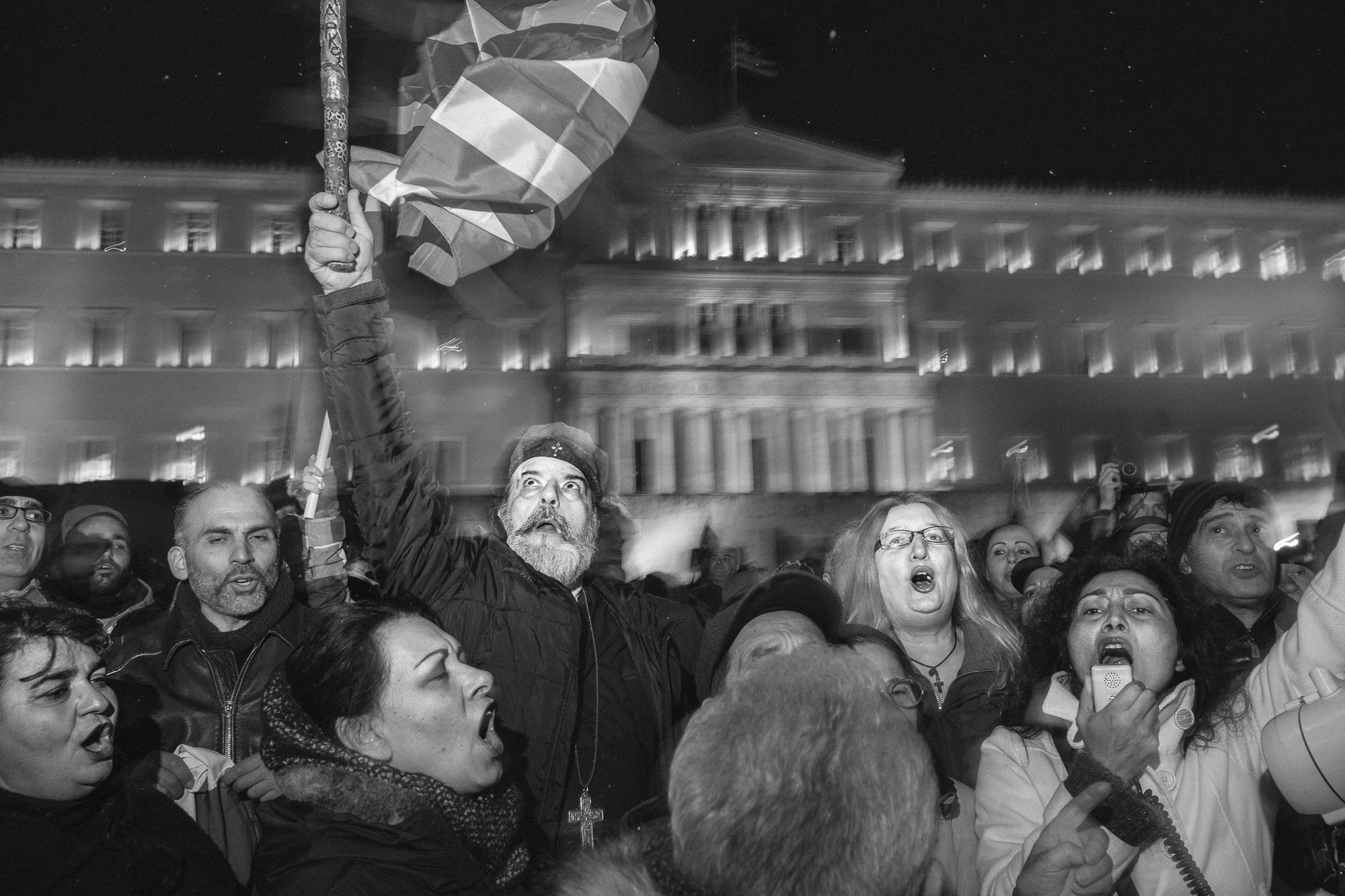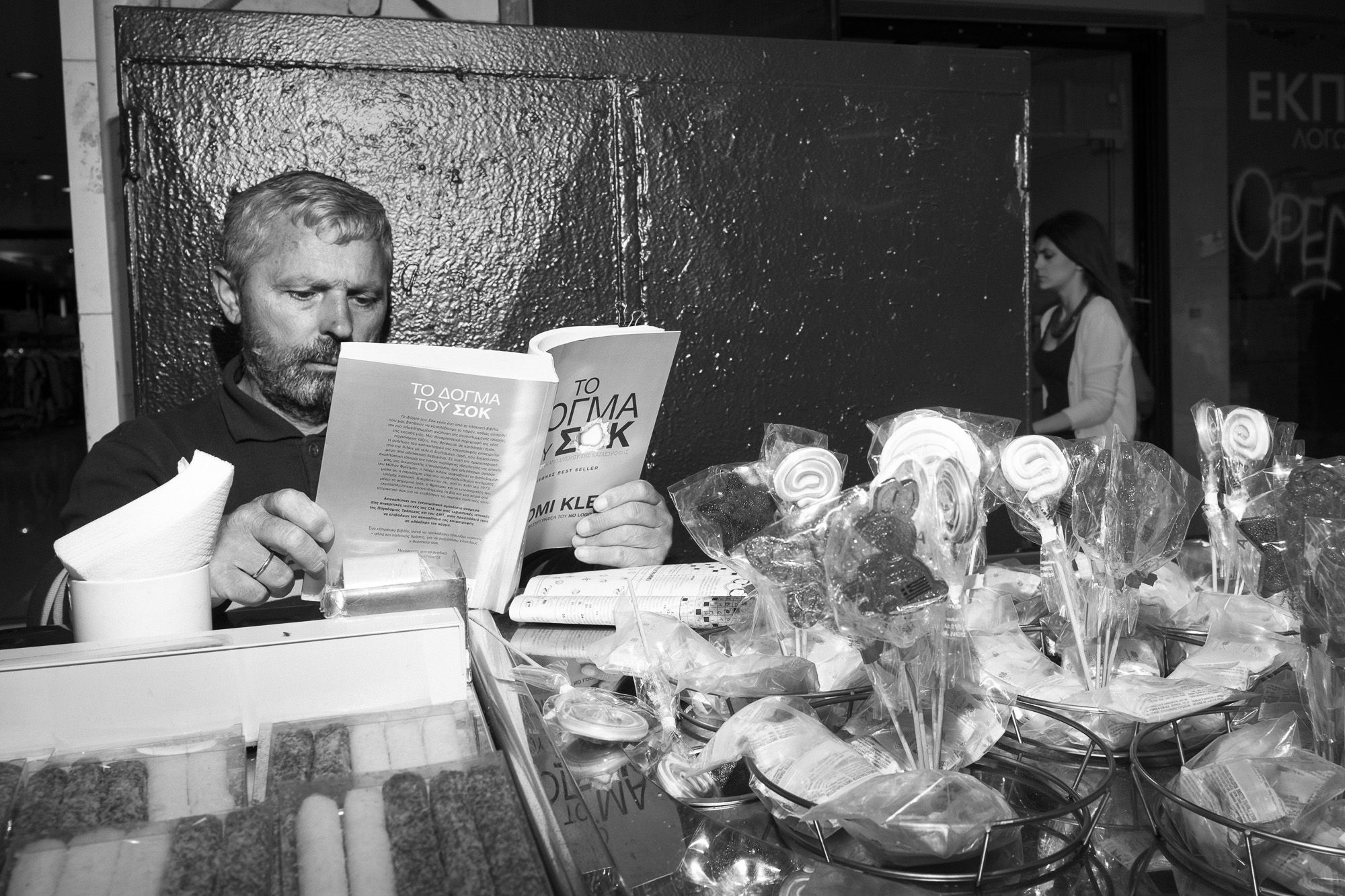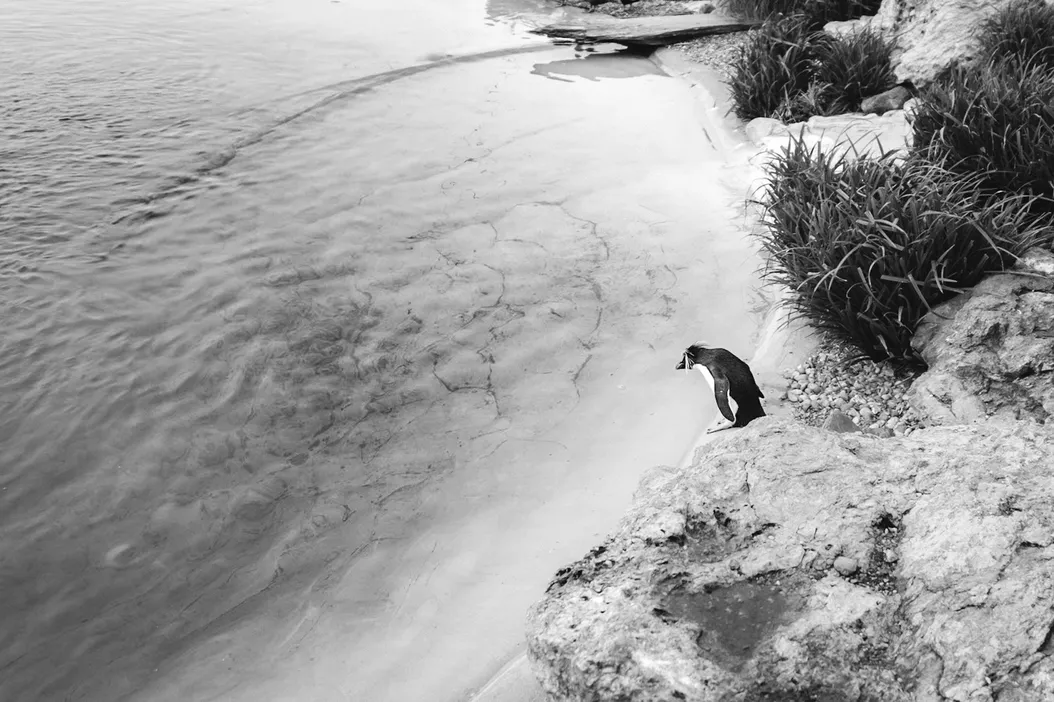This is part 1 of a two-part series. Part 2 is here.
The greatest trick modern internet giants played on us was making us believe that political engagement requires sacrificing our own health (physical and mental). When, in fact, the most capable (and, paradoxically, tuned into the world) and tangibly influential folk I know are those disengaged from that dopamine-cortisol loop.
I’ve had a complicated relationship with social media.
In 2006, I was giving presentations to PR professionals in London to persuade them to get on it. By 2012 I was a full-blown addict, spending mealtimes scrolling and tweeting.
And in 2017, I deleted all my social media posts, and avoided the platforms for two years.
This windy road has taught me a few things. Finally, I think, I’ve come to appreciate social media for what it is – powerful and seductive, vital yet dangerous. I've worked out a system that helps me get what I want out of it, while curbing some of its downsides. And maybe I’ve grown up a bit, too.
So this post chronicles my evolution. Part 1 is below; part 2 is here. And since this is a practical newsletter, I offer some recommendations after. For how you as an activist citizen could control the beast of social media, and use it with a lighter touch.
Let's go.
A heavy duty habit
It's hard to imagine it now, but in 2012 Central Athens was the epicentre of global news, and a hive of activism.

The Greek debt crisis was in full swing. And every morning, in our apartment 20 minutes' walk from the chaos and teargas of Syntagma Square, I had a routine: prepare Greek coffee in a briki (two and a half spoons, no sugar). Take two sesame bars out of the freezer (because pure honey and sesame quickly become a sticky mess in the Athens heat). And settle in for the first of many Twitter sessions of the day.
I never cared for Facebook; I was a Twitter person. My niche was Greek news in English, and grassroots anti-austerity activism. I skimmed the news, sharing on Twitter what I felt wasn't getting enough play, and providing quick commentary. I mixed there with a set of smart people – international journalists, academics and activists, who were focusing on Greece. And if I headed to a protest – and at some point, there was one a week – I'd live-tweet it with photos.
Twitter was my side project. I spent most work breaks, mealtimes and evenings on it. And it worked well for me. It kept me on the sharp edge of a fast-changing news cycle. Exercised my mind. Connected me with a base of fantastic, energetic Greeks, who I met offline and collaborated with on activist projects. And for the hours I spent on it every day, it felt like I was tending to an online garden. Providing a service. Doing my part to push an alternative narrative to the mainstream.

But after the Syriza government surrendered to its lenders in 2015, all that changed. Greece fell out of the international news; the experts who had camped in Athens to bear witness, left. And the local activist base, already weakened by half a year of being spectators to their country's talks with its lenders, collapsed and dispersed. On Twitter, accounts slid into inactivity, or started to post trivia. Noise drowned out signal. Greek activist Twitter became a shadow of itself.
I realised, too, that my use of the platform over those heady years had gone too far. The hours I'd spent daily, curating a garden I didn't own; the headspace and calm that Twitter had taken from me... all seemed monumental in retrospect. I'd always felt that the benefits of being so plugged-in – the contacts, the energy, the being in the know – outweighed the negatives. Now I understood I'd got it wrong. I could probably have got the same value out of Twitter if I'd spent half the time on it. And invested the rest in something that didn't involve drooping myself over a screen. Like completing long-term projects. Taking more photos. Or even, yes, spending time with family.
It was 2016. Athens resigned to its sad fate as a debt colony. My wife and I, now with a toddler in tow, decided to move to Crete. And I vowed to cut the cord with Twitter.
Thanks for reading. Part 2 is here.


